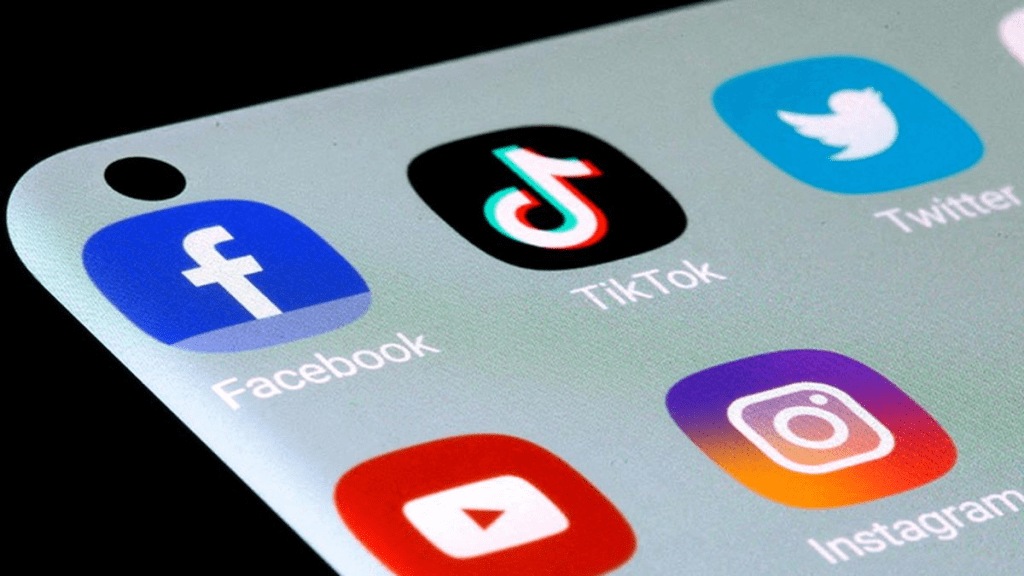The K.P. Sharma Oli government on Thursday (September 4, 2025) announced a ban on 26 social media platforms, including Facebook, X (formerly Twitter), Instagram, and YouTube. The decision came after these platforms failed to comply with Nepal’s registration requirements.
Issuing a public notice, the Ministry of Communications and Information Technology said it “has ordered the Nepal Telecommunication Authority to make inactive all non-registered social media sites until they are registered.”
Deadline Missed Despite Repeated Extensions
The government had repeatedly asked companies to register, setting August 28 as the final date with a seven-day grace period. That deadline expired on Wednesday night.
On Wednesday afternoon, Ministry spokesperson Gajendra Thakur said the government was hopeful companies would comply before midnight. “If they didn’t, the government would act accordingly,” he warned. When no approaches were made, the Ministry convened a meeting on Thursday and moved forward with the ban.
The order is based on a recent Supreme Court ruling and the government’s own Directives Relating to the Regulation for Usage of Social Media. Two weeks earlier, Nepal’s top court had ruled that all domestic and foreign online platforms must be registered with a competent authority.
‘Ban Misguided,’ Say Experts
Free speech advocates strongly criticized the move, arguing it is more about silencing dissent than regulation. They also pointed out that the government’s strict conditions — including intrusive oversight measures — may have discouraged companies from registering.
Ujjwal Acharya, director of the Center for Media Research, described the step as a mistake. “The government has taken the decision without evaluating how this will impact common citizens,” he said. “This decision is going to harm Nepal’s democratic reputation for a long time and will create a lasting negative perception globally.”
According to Acharya, “the oversight and control measures proposed by the Nepal government are simply too intrusive.”
Not the First Time
Nepal has taken similar steps in the past. In November 2023, the Pushpa Kamal Dahal government blocked TikTok, sparking widespread criticism. The ban was lifted in August 2024 after TikTok agreed to register locally.
Since taking office 14 months ago, the Oli government has faced accusations of being increasingly hostile toward online critics. Earlier this year, its attempt to introduce a new social media law also triggered pushback, with experts warning it would give authorities control over nearly all online activity.
Public Backlash
This latest ban has drawn heavy criticism online. Many users described it as “unwise” and “a case of the government shooting itself in the foot.” Some posted what they said could be their last messages before platforms went offline.
Acharya warned the government had miscalculated. “Social media today is not just a space to express political or social opinions; very few people use it only for that,” he said. “For the vast majority, it’s a vital part of daily life and business — an easy, affordable, and effective communication tool. The ban is simply wrong.”

